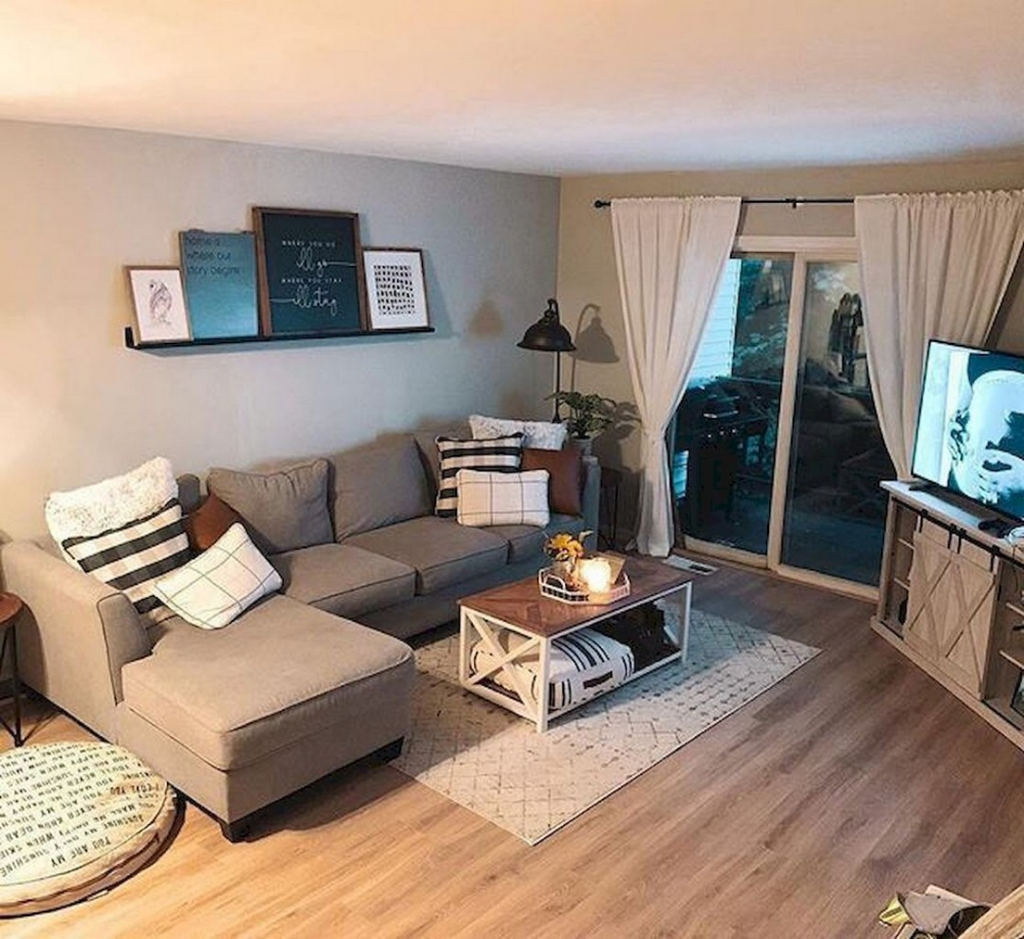In the realm of modern living, where complexities abound, the concept of simple cheap living emerges as a beacon of hope. It invites us to shed the weight of excess, embrace minimalism, and rediscover the true essence of happiness and well-being.
By adopting a simple and affordable lifestyle, we embark on a journey of self-discovery and fulfillment. We learn to appreciate the beauty in simplicity, the value of human connections, and the profound impact our choices have on both our personal and collective well-being.
Defining Simple Cheap Living
Simple cheap living is a lifestyle that emphasizes reducing expenses and simplifying one’s life to focus on what is truly important. It involves making conscious choices about what you buy, how you spend your time, and how you live your life.
There are many ways to adopt a simple cheap living lifestyle. Some common examples include:
- Living in a smaller home or apartment
- Cooking meals at home instead of eating out
- Buying used goods instead of new ones
- Reducing your consumption of material goods
- Spending more time on free or low-cost activities
There are many benefits to living a simple and affordable life. Some of the most common benefits include:
- Reduced financial stress
- More free time
- Greater sense of purpose and fulfillment
- Improved relationships with family and friends
- Reduced environmental impact
Strategies for Simple Cheap Living

Adopting simple cheap living involves making mindful choices to reduce expenses and live a more fulfilling life. By implementing these strategies, individuals can minimize their financial burden and allocate resources towards their priorities.
To begin, creating a budget is essential for tracking income and expenses. This allows individuals to identify areas where spending can be reduced and prioritize essential expenses. Sticking to the budget requires discipline and regular monitoring to ensure adherence.
Housing
Housing expenses often constitute a significant portion of household budgets. Consider the following tips to save money on housing:
- Negotiate rent with landlords, especially during off-seasons or when moving into a new property.
- Explore shared housing options, such as renting a room in a house or apartment.
- Consider purchasing a smaller or more affordable home that meets your needs.
- Take advantage of government assistance programs or subsidies for housing if eligible.
Food
Grocery expenses can be reduced through smart shopping habits:
- Plan meals in advance to avoid impulse purchases and overspending.
- Shop at discount grocery stores or farmers’ markets for lower prices.
- Buy generic brands or store brands, which often offer comparable quality at a lower cost.
- Grow your own produce in a small garden or community plot.
- Cook meals at home instead of eating out, as restaurant meals are typically more expensive.
Transportation
Transportation costs can be minimized with these strategies:
- Utilize public transportation, such as buses or trains, instead of driving whenever possible.
- Consider carpooling or ride-sharing services to reduce fuel expenses.
- Walk or bike for short distances, promoting both physical activity and cost savings.
- Maintain your vehicle regularly to improve fuel efficiency and avoid costly repairs.
Entertainment
Entertainment expenses can be reduced without sacrificing enjoyment:
- Take advantage of free or low-cost entertainment options, such as visiting parks, attending community events, or borrowing books from the library.
- Negotiate discounts or use coupons for movie tickets, concerts, or other entertainment activities.
- Consider DIY entertainment, such as hosting potlucks with friends or creating your own crafts.
- Explore online streaming services that offer affordable access to movies, TV shows, and music.
Decluttering and Minimizing Possessions
Decluttering and minimizing possessions can not only save money but also simplify your life:
- Regularly go through your belongings and donate or sell items you no longer need.
- Choose experiences over material possessions, as memories are often more valuable and less expensive.
- Adopt a minimalist lifestyle by focusing on acquiring only essential items.
- Rent or borrow items you need infrequently instead of purchasing them.
The Impact of Simple Cheap Living on Well-being
Embracing a simple and affordable lifestyle can profoundly impact mental health and well-being. Reducing material possessions has been linked to increased happiness, fulfillment, and a sense of purpose.
Studies have shown that individuals who adopt a minimalist approach to life experience reduced stress, anxiety, and depression. Decluttering and simplifying their surroundings creates a sense of calm and clarity, allowing them to focus on what truly matters.
Increased Happiness and Fulfillment
Simple living promotes a shift in focus from external possessions to internal values. By reducing material desires, individuals gain freedom from the constant pursuit of more. This liberation creates space for pursuing meaningful experiences, relationships, and personal growth, leading to increased happiness and fulfillment.
Case Studies
Numerous individuals have shared their experiences of embracing simple living and reaping its benefits. One such example is Marie Kondo, a Japanese organizing consultant known for her KonMari method. By decluttering and organizing her home, Kondo experienced a profound transformation in her life, including improved mental health, increased productivity, and a greater sense of purpose.
Sustainability and Simple Cheap Living

Adopting a simple and affordable lifestyle can have profound environmental benefits. By reducing consumption, individuals can significantly lower their carbon footprint and promote sustainability.Reducing consumption means purchasing fewer goods and services, leading to less energy usage, raw material extraction, and waste production.
For instance, choosing to repair an item instead of buying a new one conserves resources and reduces waste.
Sustainable Practices for Simple Cheap Living
Incorporating sustainable practices into a simple and affordable lifestyle is achievable through various methods:
-
-*Reduce energy consumption
Unplug appliances when not in use, use energy-efficient light bulbs, and consider solar panels for renewable energy.
-*Conserve water
Install low-flow showerheads and faucets, water plants efficiently, and collect rainwater for gardening.
-*Minimize waste
Compost organic waste, recycle paper, plastic, and metal, and opt for reusable items like water bottles and shopping bags.
-*Support local businesses
Buying goods and services from local businesses reduces transportation emissions and supports the community.
-*Choose sustainable products
Look for products made from recycled materials, with minimal packaging, and that are ethically produced.
Community and Simple Cheap Living

Simple cheap living encourages a mindful approach to consumption and resource utilization, fostering a sense of community among individuals who share similar values. It involves reducing unnecessary expenses and redistributing resources towards meaningful pursuits, including community involvement.
Community initiatives and groups play a crucial role in promoting simple and affordable living. These organizations provide a platform for individuals to connect, share knowledge, and support each other in their journey towards sustainability. They often organize workshops, skill-sharing sessions, and community events that empower participants to adopt sustainable practices and build resilience.
Examples of Community Initiatives
- Community gardens:Shared spaces where members can grow their own food, fostering a sense of community and promoting healthy eating habits.
- Repair cafes:Volunteer-run workshops where people can bring their broken items for free repair, reducing waste and fostering a culture of collaboration.
- Community tool libraries:Shared collections of tools and equipment that members can borrow, eliminating the need for individual purchases and promoting resource sharing.
Reducing expenses through simple cheap living frees up time and resources that can be dedicated to community involvement. When individuals spend less on material possessions, they have more time to engage in meaningful activities, such as volunteering, participating in local events, or pursuing hobbies.
This increased community involvement strengthens social bonds, fosters a sense of belonging, and contributes to the overall well-being of the community.
Last Recap
As we delve deeper into the world of simple cheap living, we uncover a path to a more sustainable, meaningful, and fulfilling existence. By embracing this transformative lifestyle, we not only enhance our own well-being but also contribute to the betterment of our communities and the preservation of our planet.
Remember, the journey towards a simple and affordable life is a gradual one, marked by moments of reflection, conscious choices, and unwavering commitment. With each step we take, we shed the unnecessary and make room for the truly essential, creating a life that is rich in purpose, contentment, and lasting joy.
Questions Often Asked: Simple Cheap Living
What are the key principles of simple cheap living?
Simple cheap living emphasizes reducing expenses, decluttering possessions, and prioritizing experiences over material goods.
How can I reduce my expenses on housing?
Consider downsizing to a smaller home, negotiating rent or mortgage payments, and exploring shared housing options.
What are the benefits of living a simple and affordable life?
Simple cheap living can improve mental health, increase happiness and fulfillment, reduce stress, and foster stronger community connections.